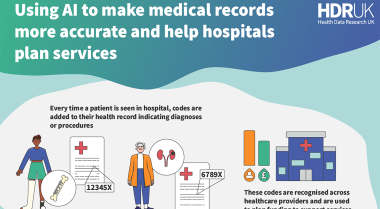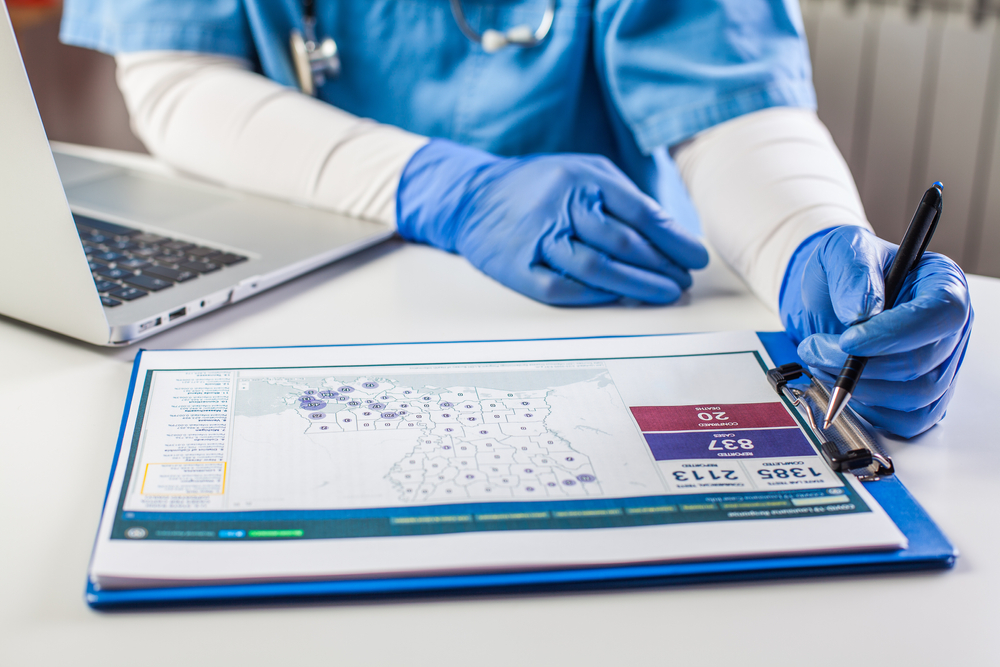Our data-driven future in healthcare: People and partnerships at the heart of health related technologies
A radical culture change is needed to make sure that the NHS can deliver the benefits of new health technologies that use patient data for care according to a report from the Academy of Medical Sciences published today.
Health Data Research UK’s Professor Carol Dezateux (Steering Group) and Professor Andrew Morris (Secretariat) were among a number of people – including health data experts, data users and patients – to be consulted for the project.
In order to address the challenges of using data-driven technologies in health and social care and to guide their use, the Academy of Medical Sciences worked with patients, the public and healthcare professionals to develop a framework of actionable principles.
These principles, based on five core themes, propose that data-driven technologies should be designed and used for health and care in ways that:
- Support clearly defined purposes that uphold the social values of the NHS and benefit individuals, the NHS, or society.
- Respect and protect the privacy, rights and choices of patients and the public.
- Include patients and the public as active and meaningful partners.
- Maintain trustworthiness in the responsible and effective stewardship of patient data within the NHS.
- Incorporate mechanisms for evaluation and regulation that build public understanding, confidence and trust in these technologies, and guide their use in the NHS.
Professor Carol Dezateux, Associate Director of HDR UK London said:
“Health technologies that use patient data have huge potential to improve our health and wellbeing. We are already seeing the development of wearable monitors linked to automated treatment that are revolutionising the lives of patients with long-term conditions such as diabetes. Our workshops with the public emphasised that they want to see the NHS deliver on the potential of data-driven technologies, giving better and safer health care for all.”
Embedding these principles will be essential if we are to realise the anticipated benefits of these innovative technologies whilst maintaining trust in their use in health and social care sectors. Central to this are meaningful partnerships with patients and the public and their health and care professionals.



